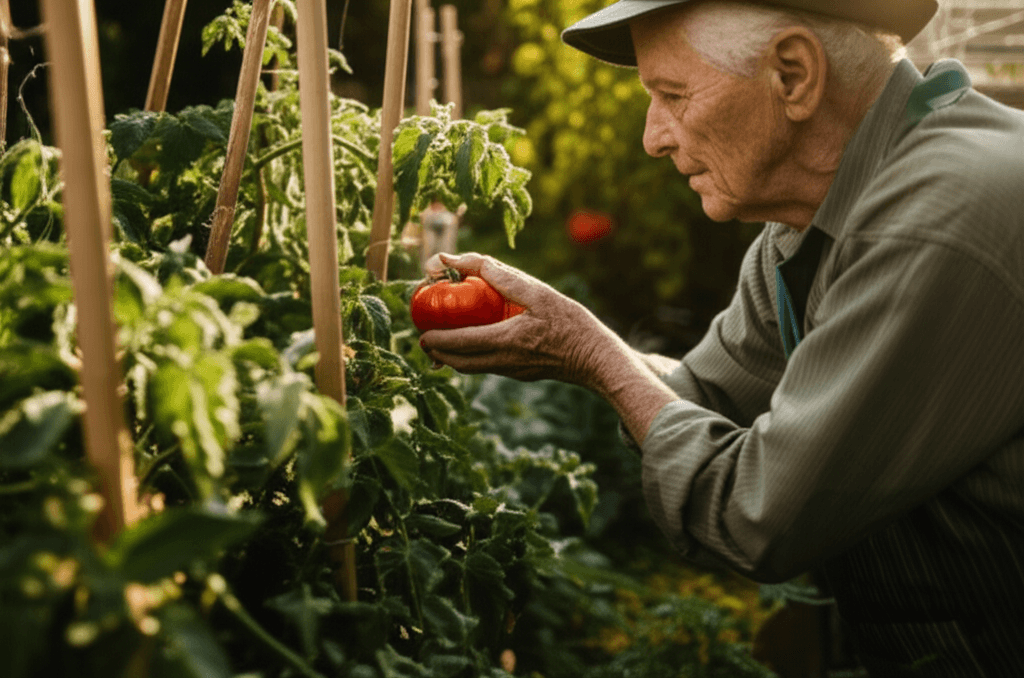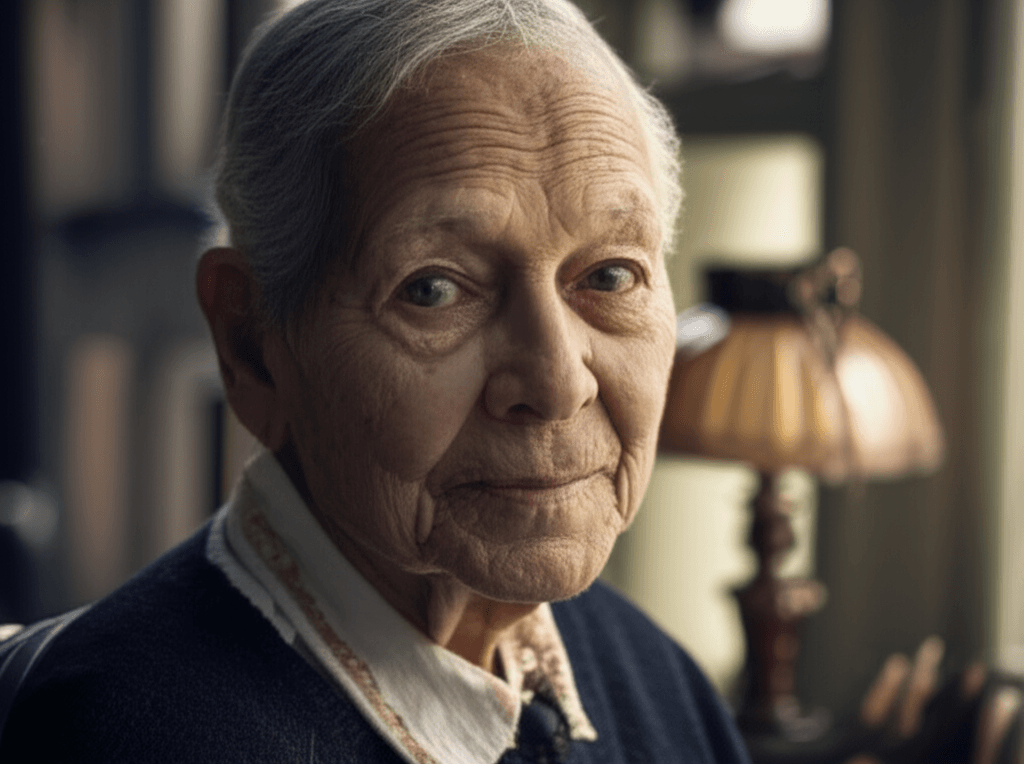The quest for a long and fulfilling life is a timeless human endeavor. While medical science continues to unravel the complexities of aging, there’s a unique and invaluable source of wisdom often overlooked: the centenarians themselves. These remarkable individuals, who have witnessed a century of change, frequently share insights that extend beyond genetics and into the realms of lifestyle, mindset, and connection. What truly are the “secrets” these great-grandmothers and grandfathers reveal for reaching such an impressive milestone?

The Power of Movement: Staying Physically Active
A consistent theme among centenarians is the importance of staying physically active, though often not in the way one might imagine. Many don’t frequent gyms but rather integrate movement naturally into their daily lives. Lil Hansen, at 105, teaches yoga and advises, “I just keep going”. Others credit dancing, walking, gardening, and household chores for their sustained vitality. Doris Zahorsky, at 100, emphasizes keeping busy and staying active, recommending to “always try something new” and not be afraid.
Natural Activity Over Rigorous Regimens
Centenarians in “Blue Zones”—regions worldwide known for their high concentration of long-lived individuals—tend to move naturally throughout the day, often through activities like walking outdoors and tending to gardens. Regular, brisk exercise, even just 30 minutes a day, offers significant health benefits, including enhanced brain health due to increased blood and oxygen flow. This consistent, moderate activity is a hallmark of many who live to 100 and beyond.

Cultivating a Positive Mindset: More Than Just Optimism
Beyond physical health, the mental and emotional landscape appears to play a crucial role in longevity. Centenarians often possess a remarkable resilience and an optimistic outlook on life. Ashraf, a 100-year-old living in Toronto, suggests that “attitude is everything” and that one must “laugh at life”. This positive mindset helps reduce stress, which is beneficial for overall health.
Finding Purpose and Reducing Stress
A sense of purpose has been linked to an additional seven years of life expectancy. Centenarians often incorporate practices to manage stress, such as prayer, meditation, compassion, and gratitude, into their daily routines. They tend to be easygoing, refraining from judgment and conflict, and their optimistic outlook can be inspiring. Risa Igelfeld, a 106-year-old Holocaust survivor, credits “positive thinking” as the most important secret to her long life, advising to “chase away any negative thoughts”.

Nourishing the Body: Diet and Moderation
While individual dietary habits among centenarians can vary, many tend towards a diet that is largely plant-based and emphasizes moderation. The Mediterranean diet, rich in olive oil, fruits, vegetables, seafood, whole grains, and nuts, has been linked to numerous health benefits, including preventing heart disease, reducing the risk of Alzheimer’s and Parkinson’s, and increasing longevity.
Mindful Eating Habits
Many centenarians prioritize whole foods, cook for themselves and their families, and avoid junk food. They often eat slowly and mindfully, stopping when they feel about 80% full, rather than overeating. While some centenarians have famously enjoyed daily alcohol or indulgent treats, the prevailing advice leans towards a balanced diet with controlled portions and limited processed foods.

The Strength of Connection: Social Bonds and Community
Strong social networks are consistently identified as a vital component of a long life. Centenarians often maintain deep connections with family and friends and are actively involved in their communities. These social ties are believed to reduce stress and depression, and foster a sense of belonging.
Family, Friends, and Community Engagement
Putting loved ones first and maintaining regular connections with a “tribe” of supportive friends and community members enriches life through shared experiences and mutual growth. Whether through faith-based communities or simply regular conversations with family and strangers, these social interactions are crucial for mental well-being and can promote longevity. Armin Mruck, at 99, highlighted the importance of “building bridges for your community and your family” as impactful for his longevity.

Beyond the Basics: Other Longevity Factors
While the aforementioned habits are frequently cited, other factors contribute to a long and healthy life.
The Role of Genetics
Scientists acknowledge that genetics play a significant role, particularly for those living past 100. If people in your family history have lived into their 90s and beyond, it can be “very good news” for your own longevity prospects. However, genetics are not the sole determinant, as lifestyle choices can significantly impact health outcomes regardless of predisposition.
Adequate Sleep and Brain Health
Getting enough sleep, typically at least seven hours a night, is important for overall health. Additionally, keeping the mind sharp through activities like reading, chess, and engaging with current events is noted by some centenarians. Being aware of changes in brain health and seeking professional help for cognitive problems is also advisable.
Avoiding Environmental Toxins
Being mindful of what one breathes and consumes is another factor. Avoiding tobacco and minimizing exposure to harmful chemicals found in everyday products can reduce cell degeneration and improve life expectancy.

Diverse Paths to Longevity: Unique Perspectives
It’s worth noting that while many centenarians share common habits, there are also individual stories that offer a more unconventional take. Agnes Fenton, who lived to 111, famously attributed her longevity to a daily beer and whiskey. Others have credited eating plenty of chocolate, never marrying, or simply “not cleaning her own house”. These anecdotes highlight that while core principles are valuable, life is also about finding joy and what truly works for the individual.

Embracing the Journey: A Holistic Approach
Ultimately, the wisdom gleaned from 100-year-old great-grandmothers and centenarians worldwide points to a holistic approach to life. It’s not just one single “secret” but rather a tapestry woven with consistent physical activity, a positive mental attitude, a nourishing diet, strong social bonds, and a touch of personal flair. While genetics set a baseline, the daily choices we make in our environment, lifestyle, and relationships profoundly influence our journey toward a long and vibrant life. By integrating these enduring lessons, we can all aspire to not only add years to our lives but also life to our years.







